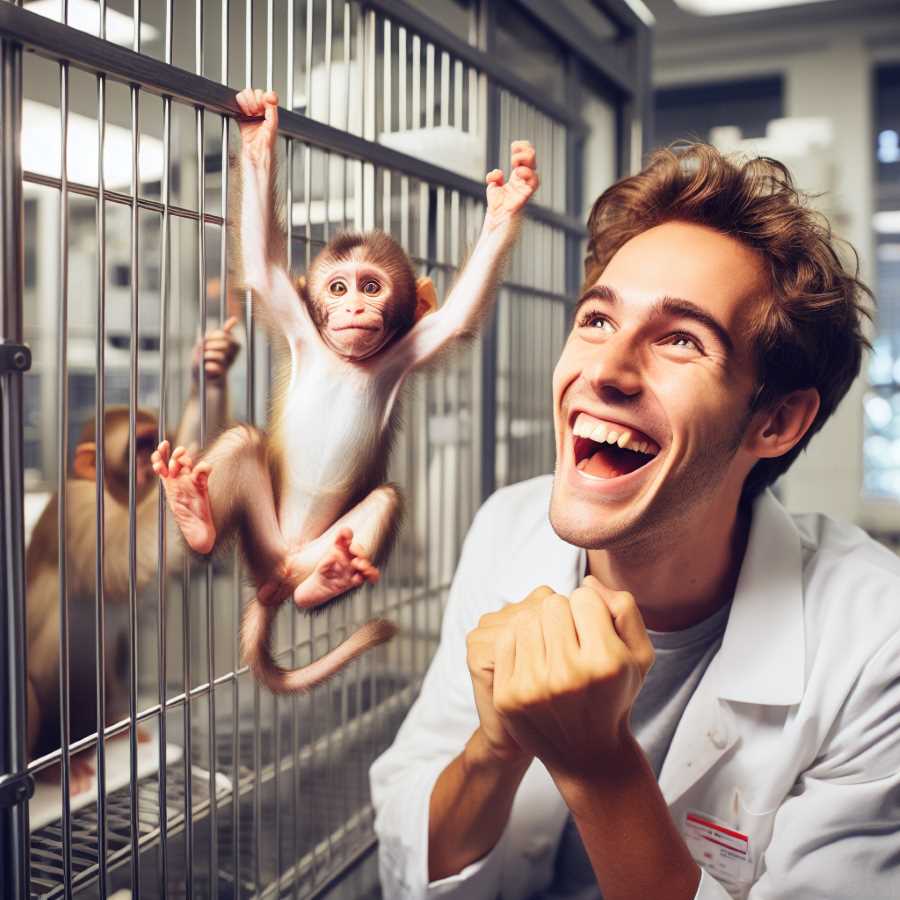Will Primate Cloning Topple Humanity's Ethical House of Cards?
Monkey cloning breakthrough sparks debate: is it ethical, and should we rewrite the rules? Scientists celebrate Retro, the first cloned primate to thrive, but bioethicists warn against animal suffering and urge a broader view of life beyond humans.

Forget Frankenstein's monster, the real scientific shocker this week is a rhesus monkey named Retro. Yes, you read that right, Retro, a monkey who's been kicking around for three years after being cloned in a lab. Now, before you start picturing an army of identical apes plotting world domination, let's take a deep breath and dive into the world of primate science.
First off, relax your human-centric worries. Jennifer Hincapie Sanchez, a bioethics' wiz from UNAM, assures us this isn't a step towards human cloning. Think of it like a fancy copy machine for monkeys, not people. Besides, the Universal Declaration on the Human Genome and Human Rights has already slammed the door on human cloning, so that's one ethical monkey off our backs.




